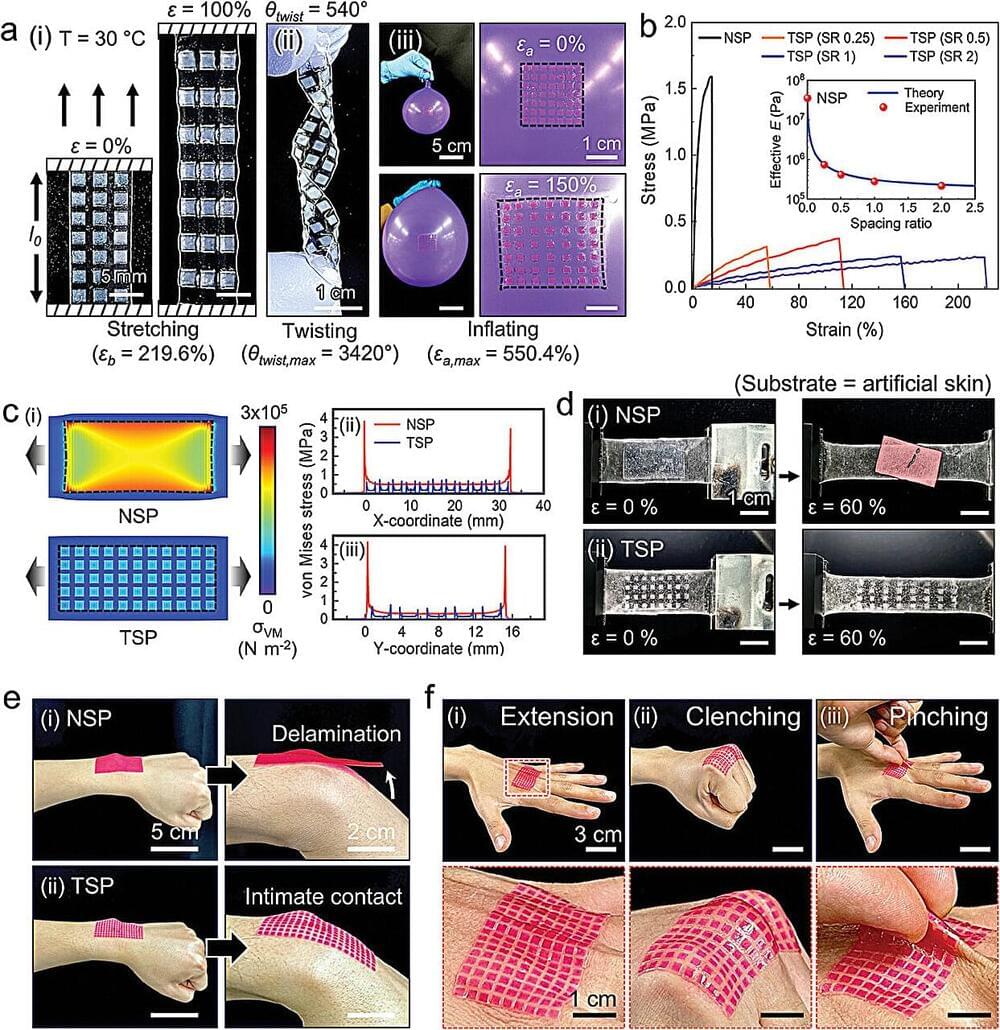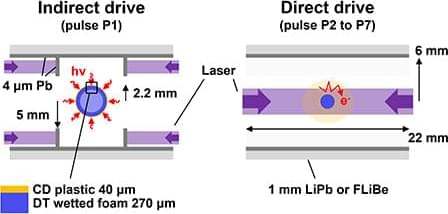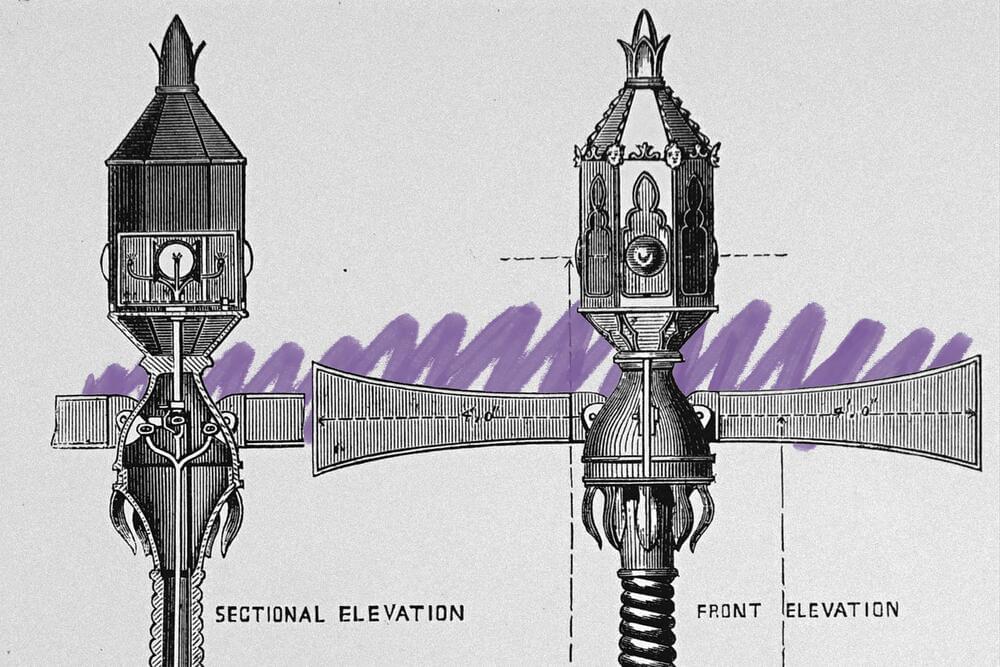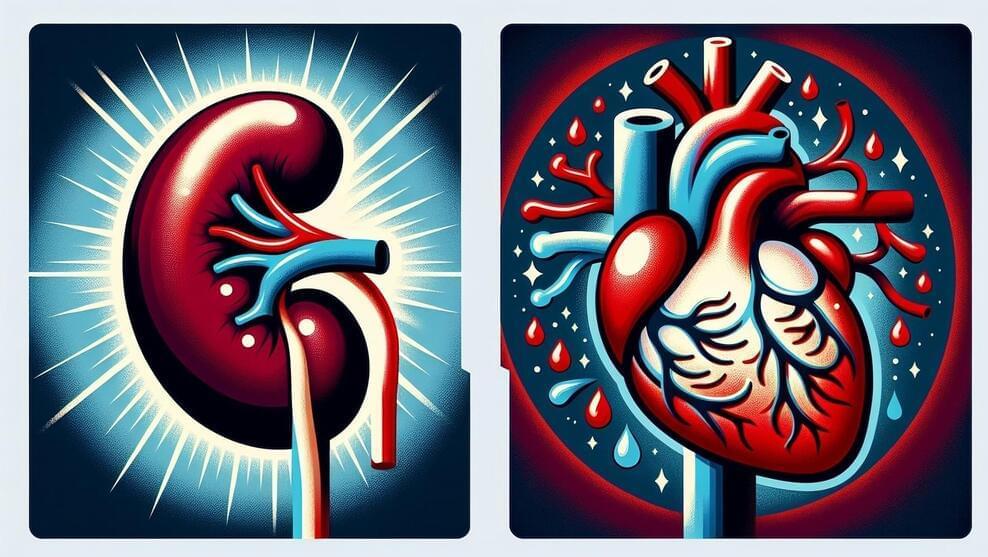
A research team affiliated with UNIST has unveiled an ultra-strong adhesive patch platform that adheres effectively to rough skin surfaces and shows remarkable motion adaptiveness during dynamic body movements, all while offering irritation-free removal on demand. The key to this technology lies in the surface adaptability inspired by barnacles and armadillo carapaces, which feature a tessellated structure that balances rigidity and flexibility.
The team, led by Professor Hoon Eui Jeong from the Department of Mechanical Engineering and Professor Jae Joon Kim from the Department of Electrical Engineering at UNIST, along with researchers from the National Institute of Ecology (NIE), has introduced a highly adhesive, detachable, and stretchable skin patch, known as the Motion Adaptive Tessellation Patch.
This innovative technology is garnering attention for its potential to facilitate the commercialization of wearable electronic devices, such as health care monitoring systems and transdermal drug delivery systems. The research is published in the journal Advanced Materials.
















